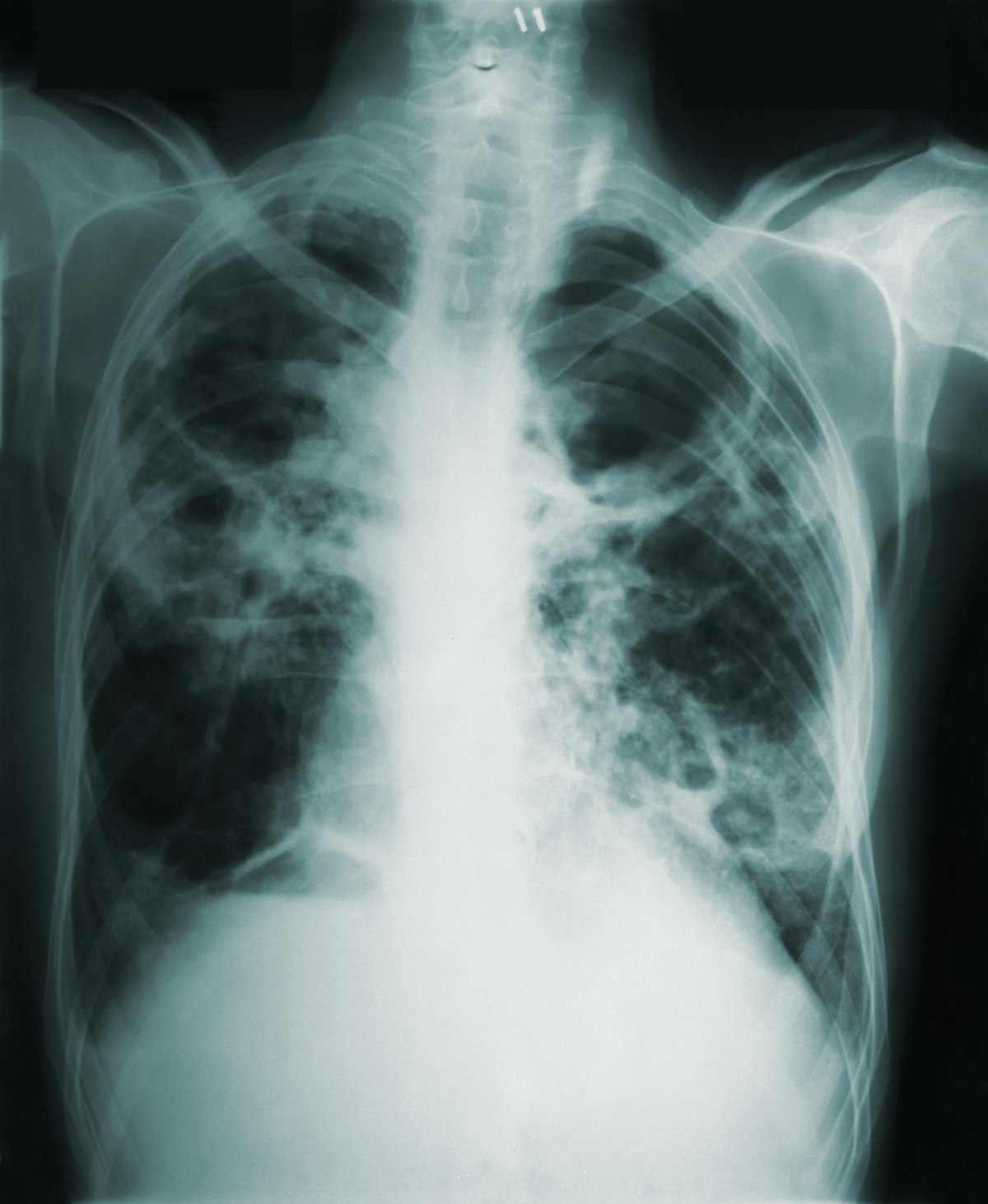
Tuberculosis, commonly known as TB, is a potentially serious infectious bacterial disease that mainly affects the lungs. It is caused by the bacterium Mycobacterium tuberculosis and can also affect other parts of the body such as the kidneys, spine, and brain. Tuberculosis is a contagious disease and can spread through the air when an infected person coughs, sneezes, or talks. Recognizing the symptoms of tuberculosis is crucial for early diagnosis and treatment. In this article, we will discuss the various symptoms of tuberculosis.
1. Persistent Cough
One of the most common symptoms of tuberculosis is a persistent cough that lasts for more than three weeks. The cough may produce phlegm or sputum, which can be yellow, green, or bloody. If you experience a persistent cough along with other symptoms such as fever, fatigue, and weight loss, it is important to seek medical attention for a proper diagnosis.
2. Fever
Fever is another common symptom of tuberculosis. It is usually low-grade and may occur intermittently. If you have been experiencing a prolonged fever that is not associated with any other illness, it could be a sign of tuberculosis infection. Contact a healthcare professional for further evaluation and testing.
3. Night Sweats
Night sweats are episodes of excessive sweating during the night that can soak your bedding and clothes. They are a common symptom of tuberculosis and are often accompanied by fever. If you are experiencing night sweats on a regular basis, it is important to consult a doctor for an accurate diagnosis and treatment plan.
4. Fatigue
Fatigue or a general feeling of tiredness and weakness is a common symptom of tuberculosis. If you find yourself feeling exhausted even after getting adequate rest, it could be a sign of tuberculosis infection. It is important to address this symptom and seek medical advice for proper evaluation.
5. Loss of Appetite
Tuberculosis can cause a loss of appetite, leading to unintentional weight loss. If you have noticed a significant decrease in your appetite and have been losing weight without trying, it could be a symptom of tuberculosis. Consult a healthcare professional for further assessment and testing.
6. Chest Pain
Chest pain is a less common but still possible symptom of tuberculosis. It may be experienced as chest tightness or discomfort, especially when coughing or breathing deeply. If you are experiencing persistent chest pain along with other symptoms of tuberculosis, seek medical attention for a proper evaluation.
7. Shortness of Breath
Tuberculosis affecting the lungs can lead to shortness of breath and difficulty breathing. If you find yourself struggling to catch your breath or have developed a persistent cough along with shortness of breath, it is important to consult a healthcare provider for further evaluation and testing.
8. Blood in Sputum
If you notice blood in your sputum or phlegm when coughing, it could be a sign of tuberculosis. This symptom is known as hemoptysis and should be taken seriously. Seek medical attention immediately for a proper diagnosis and treatment plan.
9. Swelling of Lymph Nodes
Tuberculosis can cause the swelling of lymph nodes, particularly in the neck, armpits, or groin. If you notice any lumps or swelling in these areas, it is important to consult a doctor for an accurate diagnosis and appropriate treatment.
10. Symptoms in Other Parts of the Body
In addition to the common symptoms associated with tuberculosis affecting the lungs, the disease can also manifest in other parts of the body such as the kidneys, spine, and brain. If you experience symptoms such as back pain, blood in urine, or neurological symptoms, it is important to seek medical attention for proper evaluation and testing to rule out tuberculosis infection.

















